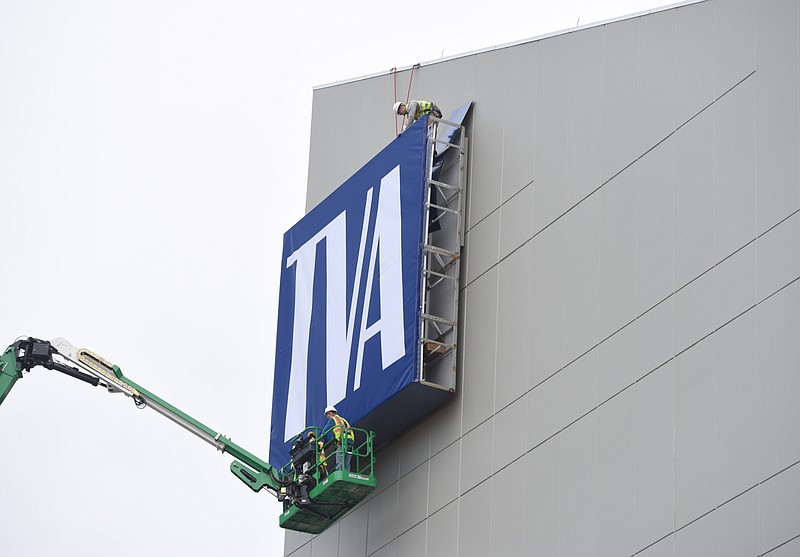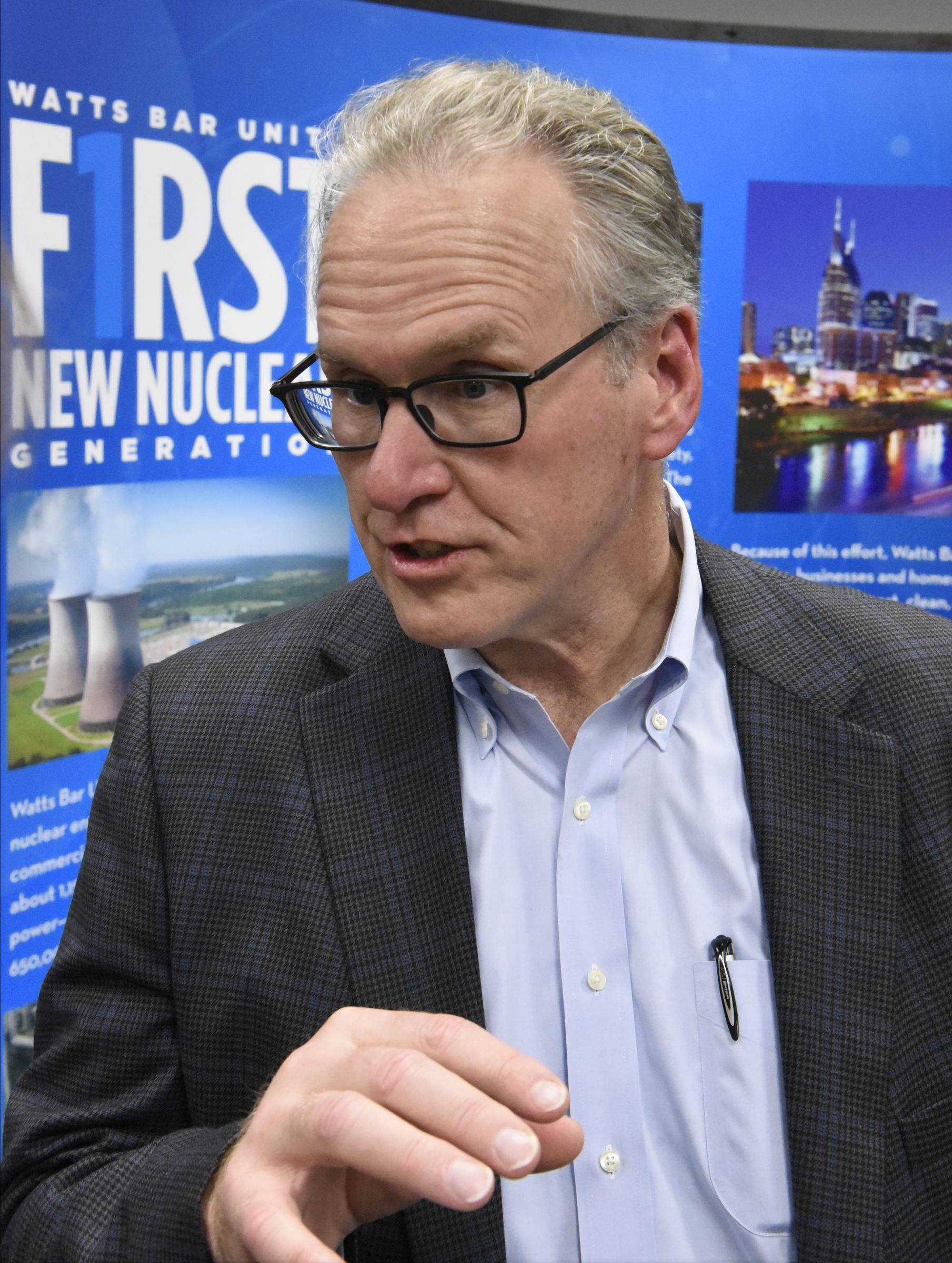As the Tennessee Valley Authority considers a plan to reallocate the price of its power to a more fixed and less variable structure, two citizen groups opposed to the change on Thursday challenged the legality of how TVA is changing its power rates.
In a letter to TVA President Bill Johnson ahead of today's TVA board meeting in Chattanooga, Friends of the Earth and the Southern Alliance for Clean Energy said TVA is failing to disclose all of its power rate contracts in its annual report to Congress as required under the TVA Act.
"TVA is trying to hide the ball so we really don't know what kind of sweetheart deals it is making with its industrial customers in the way it prices its power," said Stephen Smith, executive director at the Southern Alliance for Clean Energy. "We need more transparency in the way TVA sets its rate and we don't believe TVA has been meeting its obligations to disclose this information."
TVA spokesman Jim Hopson said "we believe we are in full compliance" in TVA's annual reports made to the federal government as required under the original 1933 act that created the Tennessee Valley Authority.
TVA prices its electricity based upon rate schedules approved by the TVA board, which are based upon the cost of service for each class of customer, TVA President Bill Johnson said last week. TVA sets and adjusts its rates in consultation with the rates and contracts committee of the Chattanooga- based Tennessee Valley Public Power Association (TVPPA), which represents the 154 municipalities and power co-ops that buy and distribute TVA-generated power across the Tennessee Valley.
"We try to work closely with TVPPA and TVIC (the Tennessee Valley Industrial Committee) to make sure that our customers agree that our rates and any change in our rates are done in the right way," Johnson said. "It takes a while to get through that process, but we believe that the process has worked well for the people of the Valley over the past 85 years and have helped ensure that our rates are generally lower than in most of the country."
But Smith and former TVA Chairman S. David Freeman, now a senior advisor for the Friends of the Earth, sent a letter to Johnson Thursday questioning the transparency and legality of TVA's rate-making process. TVA's Valley Investment Initiative and other economic development programs offer incentives and lower power rates for new and expanding industry.
But Johnson and other TVA officials don't disclose what incentives are provided for individual businesses.
"That would kill the golden goose," Johnson said, citing more than $40 billion of business investment in the Tennessee Valley since 2013.
But Freeman said Johnson and the TVA board "owe answers about what deals they've been making behind closed doors, and their disclosure of those answers are mandated by law."
"TVA has not met its legally mandated obligation to publish with its annual reports the required information about its sale of power contracts," Freeman and Smith said in a letter to TVA released Thursday.
Last week, a power consulting firm hired by the Southern Alliance for Clean Energy, Synapse Energy Economics, found that over the past five years TVA has shifted $1.4 billion of electricity costs from industrial customers, whose rates have dropped an average of 20 percent, to residential and commercial power users, whose rates are down an average of 2 percent since 2013.
"TVA promised to make power available to them (residential users) at the lowest possible rates, but is instead raising their rates to give a break to industrial customers," said Freeman, a former TVA engineer and lawyer who President Carter appointed as TVA chairman in 1977.
Smith said he is worried that a strategic pricing change that the TVA board is scheduled to vote on in May would shift even more costs from industrial to residential users by raising the fixed or base fee on the monthly electric bill while lowering the variable price of the power bill based upon electricity usage. Such a change, he said, would disproportionately hurt the poorest and discourage energy efficiency and self-generated renewable power such as solar and wind.
Contact Dave Flessner at dflessner@timesfreepress.com or at 757-6340.

